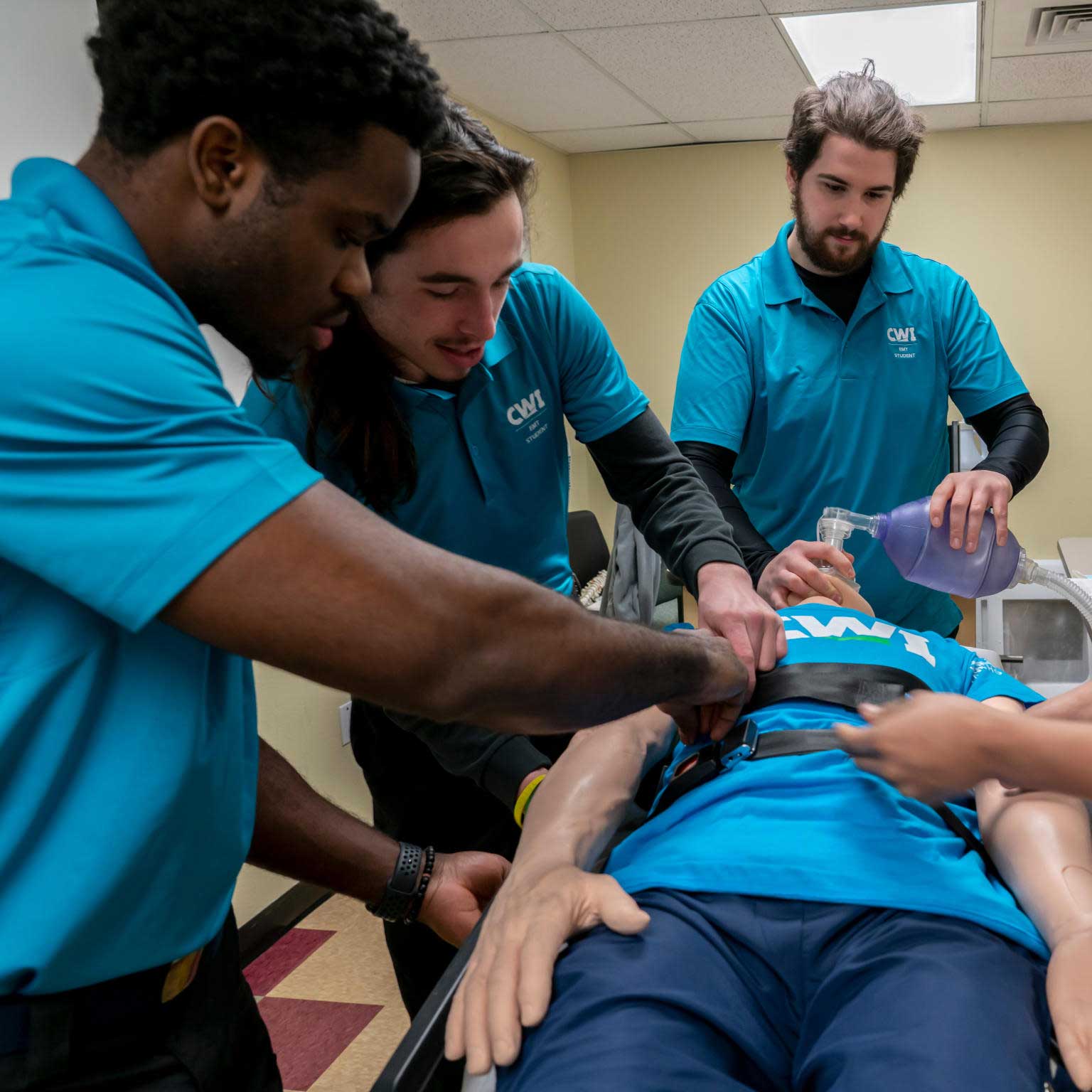Harnessing the Power of Protein for Efficient Muscular Recovery Following Trauma
Wiki Article
Muscular damages can be quite frequent, especially in athletes or those who engage in regular fitness exercise. When a muscle is injured, the system undergoes a recovery process that often requires particular nutritional components to aid in healing. One of the most important nutrients for muscular repair is protein. Protein perform a essential role in repairing injured tissue, rebuilding muscle strands, and encouraging comprehensive recovery following an injury. Grasping the significance of proteins can assist individuals create improved choices for their nutrition during the recovery process.
Proteins is composed of smaller components called amino compounds, which are essential for multiple functions in the body. There are 20 various amino acids, and nine of these are considered essential, meaning the body cannot produce them on its own. These essential amino acids must be acquired through food sources. Food high in protein, such as meat, fish, ovum, dairy, beans, and pulses, provide the required building blocks for muscular repair. Eating these high-protein nutrition after an injury can enhance the body's natural healing process.

In addition to helping fix muscular tissue, proteins aids the defense mechanism and minimizes swelling. After an injury, the body works hard to heal itself, which can lead to inflammation in the affected area. Protein helps to regulate this inflammation, allowing for a more efficient recovery. Moreover, adequate protein consumption can stop muscular deterioration that often happens during times of non-activity or limited movement after an incident. Maintaining muscular tissue is crucial for recovering power and capability once recovery starts.
Timing and quantity of protein consumption are also important factors in muscle recovery. Experts recommend eating proteins in consistent periods throughout the 24 hours, particularly during a few timeframes after an injury. This timing ensures that the system has a steady supply of amino acids available for repair. The common recommendation for proteins consumption differs, but many click now suggest that individuals recovering from an accident should aim for about 1.6 to 2.2 units of proteins per kilo of weight per 24 hours. Incorporating a variety of protein sources can also guarantee that individuals obtain a full variety of amino acids for optimal recovery.
In summary, proteins is a crucial nutrient for anyone healing from a muscular damage. By understanding its role in muscle repair, individuals can make knowledgeable nutritional decisions that support their healing process. Consuming a nutrient-rich nutrition rich in high-quality protein, scheduling meals strategically, and ensuring adequate consumption can remarkably affect recovery outcomes. With proper diet and attention, individuals can come back to their regular routines more robust and great site even more resilient.